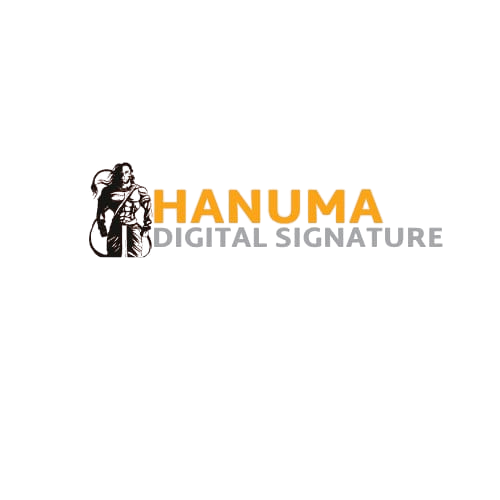Digital Signature
You get 3 Information about the digital signature
Information about digital siganture. A digital signature is a secure, encrypted electronic stamp of authentication used to validate the authenticity and integrity of digital messages or documents.


1. Authentication: Confirms the identity of the sender.
2. Integrity: Ensures the message/document was not altered after signing.
3. Non-repudiation: The sender cannot deny signing the document.
4. Encryption: Uses asymmetric cryptography (public and private keys).
🔐 How Digital Signatures Work:
1. The sender signs a document using their private key.
2. A hash (unique digital fingerprint) of the document is created.
3. This hash is encrypted with the sender’s private key.
4. The recipient uses the public key to decrypt the signature and verify the hash.
5. If the hash matches the document, it proves authenticity.

E-Governance (e.g., Aadhaar in India)
Income Tax Filing
Company Registrations (MCA filings)
Online Contracts and Agreements
Emails and Software Distribution
Types of Digital Signature Certificates (DSC):
Type Use Case
- Class 1 Validates name/email (not for legal docs)
- Class 2 Used for business and official documents
- Class 3 High security; used in e-auctions, court filings

- Faster and paperless processes
- Reduces fraud and forgery
- Cost-effective for businesses
- Environment-friendly
